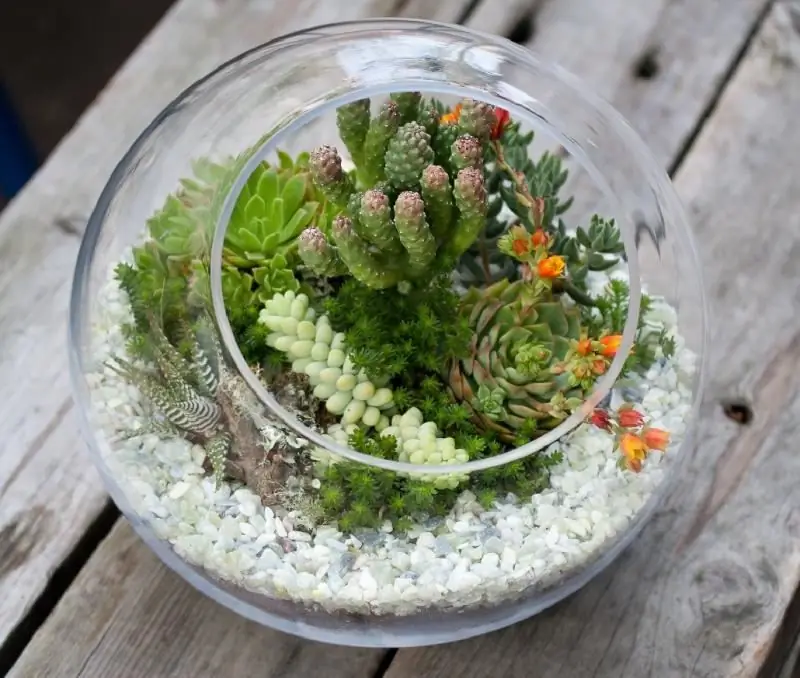
Table of contents:
- Author Bailey Albertson [email protected].
- Public 2024-01-17 22:26.
- Last modified 2025-06-01 07:32.
Fairy forest at your window: learning to make a florarium

The cultivation of indoor plants brings both aesthetic pleasure and health benefits. But standard potted flower growing can seem like a pretty straightforward and everyday activity. You can diversify your hobby by making an unusual florarium with your own hands.
What is florarium
A florarium, or plant terrarium, is a closed glass container in which plants are grown. Most often it is used for planting capricious heat-loving flowers.

Cacti and Echeveria in harmony with each other
The history of the invention of the florarium goes back to the distant 18th century, when the British naturalist Nathaniel Ward came up with the brilliant idea of growing delicate tropical plants in a container. In other words, he recreated the habitat familiar to such specimens.
Advantages over classic floriculture
- The florarium does not require frequent watering, which partially replaces the condensate that forms inside the tank.
- It is relatively easy to manufacture.
- Such a small tropical garden has an unusual appearance: having made a florarium, you can easily diversify the interior and surprise your family and friends.
Species and suitable plants
The florarium can be open or closed. Indoor is ideal for plants that like high humidity. It can be:
- Fittonia.
- Orchids (e.g. Phalaenopsis)
- Some varieties of begonias.
- Predatory plants (sundew, flycatcher).
- Bromeliads.
- Small Saintpaulias.
- Fern pelley.
Photo gallery: flowers for a closed florarium
-

Fittonia - A solemn and unusual plant
-

Bromelia - Bromeliad should be small species
-

Begonia - The colorful leaves of royal begonia will look great
-

Sundew - Florarium is the perfect place for sundew
-

Phalaenopsis Orchid -
Phalaenopsis also tolerates growing in a florarium well.
-

Saintpaulia - It will be comfortable in a mini-garden and violets
Succulents are best suited for an open florarium:
- Aloe.
- Fat women.
- Sedum.
- Cacti.
- Echeveria.
- Agave.
Photo gallery: specimens for an open mini-garden
-

Aloe - Aloe is suitable for making a florarium for beginners
-

Agave - A composition with agave will also be good.
-

Sedum - The sedum looks very original
-

Echeveria -
Mini-gardens with echeveria are also widespread
List of suitable containers
- Bank.
- Light bulb.
- Wide glass.
- Aquarium.
- Bottle.
- Transparent vase.
- Flask.
- Multifaceted vessel.
Photo gallery: glass, bottle, and so on - how to make a composition
-

Florarium in a vase - Vases can be filled not only with bouquets
-

Florarium in a teapot - Who would have thought that a kettle can be adapted to a mini-garden!
-

Floriana in a glass - An exquisite version of the florarium
-

Floriana in a light bulb -
The result of painstaking and long work
-

Floriana in a bottle - A skillful florarium can be built in a wide bottle
DIY step-by-step instructions for making
General recommendations
- The thickness of the soil layer is determined taking into account the size of the florarium and the root system of plants. On average, it is 5-6 cm.
- The optimum thickness of the charcoal interlayer is 1 cm. This is quite enough for disinfection.
- All florariums should be protected from direct sunlight to avoid plant burns.
- The remains of dead plants can be used as fertilizer.
Florarium for beginners in a glass jar

The main plant is an orchid
Materials and tools:
- Glass jar.
- Fresh and dry moss.
- Activated or regular carbon for disinfection.
- Drainage (expanded clay, broken brick, sand).
- Tweezers.
- Priming.
- Decorations.
Algorithm of actions:
- We spread the drainage.
- Put dry moss on top of it (it is needed to absorb excess moisture).
- We fill in the soil and level it with a spoon.
- We plant moss.
- We decorate the florarium to your liking.
Open florarium in the aquarium

The florarium in the aquarium looks like a museum exhibition
Materials and tools:
- Drainage.
- Suitable plant.
- The soil.
- Activated and charcoal.
- The spoon.
- Tweezers.
- Spray.
- Decorations.
Algorithm of actions:
- Degrease the container.
- We place the drainage.
- Pour in activated carbon (it is needed to prevent the growth of mold).
- We spread the soil.
- We spread the contents with a spoon.
- Using tweezers, carefully plant the plants.
- We spray them from a spray bottle.
- Add the selected decorations.
Succulent plants in a geometric vessel

Succulents and moss form a combination that is impossible to look away from
Materials and tools:
- The vessel is a polygon.
- Soil for succulents.
- Activated carbon.
- Drainage.
- Succulent plants.
- Moss sphagnum.
- Decorations.
Algorithm of actions:
- We spread the drainage.
- Add crushed activated carbon for disinfection.
- We put the soil and level it.
- We plant the plants at a distance of 2-3 cm from each other so that they do not start to rot upon contact.
Floriana in a light bulb

The most difficult type of florarium to manufacture
Materials and tools:
- Burnt out light bulb.
- Protective glasses.
- Pliers.
- Screwdriver
- Tweezers.
- Funnel.
- Plants (it is better to take chlorophytum or succulents).
- Sand (if you disinfect it, then mold does not form in it, so you can do without coal; there is so little space in the light bulb).
- Moss.
- Decorations.
Algorithm of actions:
- Remove the base from the lamp with pliers.
- We take out the rest of the parts with tweezers.
- Use a funnel to fill in the sand.
- We plant the plants.
- We spread moss and decorations around.
Video: how to make a mini-garden - master class
A few more florarium ideas in the photo
-

do-it-yourself florarium - Small white pebbles will help to create a "snowy" landscape
-

do-it-yourself florarium - With the help of multi-colored soil, you can diversify any plants
-

do-it-yourself florarium - It is important to bring a touch of bright color to the florarium.
-

do-it-yourself florarium - Orchid is a rather capricious, but very effective plant.
As you can see, making a florarium is not so difficult. It will take a little time, effort and imagination to diversify the environment with its help and master a new hobby.
Recommended:
How To Catch A Rat, Make A Rat Trap With Your Own Hands From A Bottle Or In Other Ways, How To Install, Charge And What Bait To Put In The Trap + Photo, Video
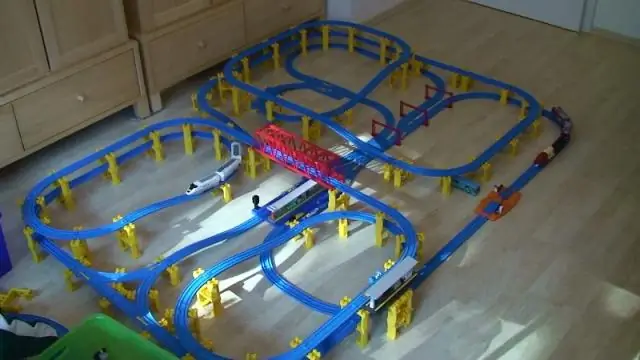
Tips for getting rid of rats with effective DIY traps. Step-by-step instructions for rat traps. Catch it or not. Photo and video
How To Make A Clothes Dryer With Your Own Hands Or Choose, Assemble And Install A Ready-made (ceiling, Floor, Liana Or Other), Other Tips
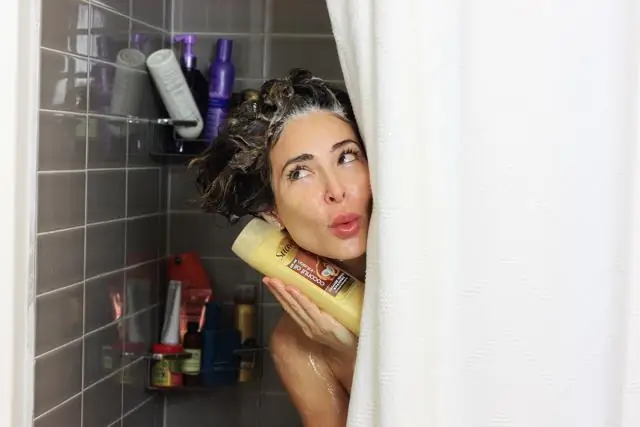
Dryers for clothes: floor, ceiling, wall - how they differ. How to choose the right one or assemble it yourself, including from scrap materials
How To Choose And Build A Foundation For A Bath With Your Own Hands - 4x6, 3x4 And Other Sizes, Tips, Instructions, Photos And Videos
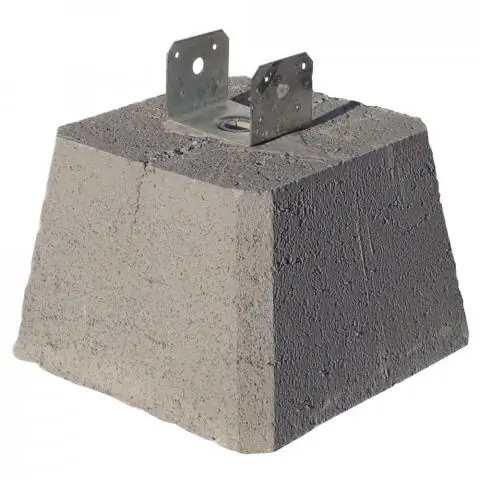
How to make a foundation for a bath with your own hands. Types and features of foundations. The choice of materials and technology, installation rules and step-by-step instructions
How To Make A Slime At Home With Your Own Hands - Without Sodium Tetraborate And Glue, From Hand Cream, Shaving Foam And Other Ingredients, Recipes With Photos And Videos
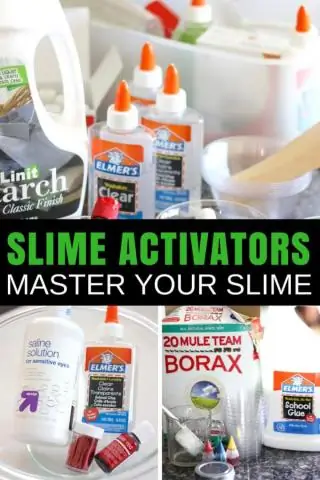
Is it possible to make a slime at home. Types of slimes and recipes for their manufacture, depending on the desired properties. Toy care features
How To Make Soap At Home With Your Own Hands: Making Solid, Liquid, From A Soap Base And Not Only, Master Classes With Photos
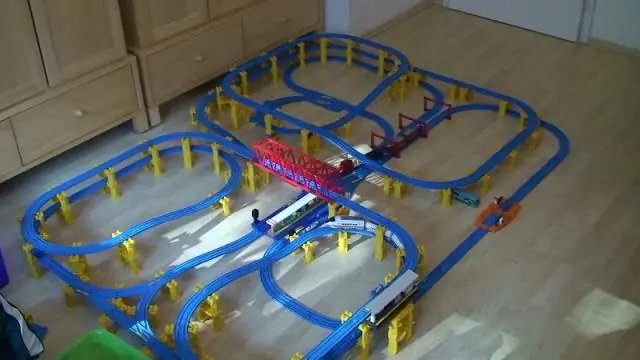
Making soap at home with your own hands. What can be done, what components are required, step-by-step master classes with photos
